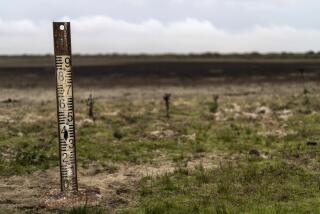Spain, Portugal Approved for European Community
- Share via
BRUSSELS — In an upbeat mood, heads of government of the 10-nation European Community met Friday to clear away the last details for bringing Spain and Portugal into community memberships by the end of this year.
Final agreement on terms and conditions for enlarging the community to 12 states was reached earlier Friday at a marathon session of foreign ministers, before the heads of government arrived in Brussels for a regular summit meeting.
Present members of the community are France, West Germany, Italy, Belgium, the Netherlands, Luxembourg, Britain, Ireland, Denmark and Greece.
The agreement, after more than five years of complex on-again, off-again negotiations, is a major step forward in the 27-year history of the community since the Treaty of Rome brought the European Common Market into being in 1958.
But as the summit meeting opened, the threat of a Greek veto over entry of Spain and Portugal still loomed in the background. Greek Prime Minister Andreas Papandreou has been saying for months that he would block their entry until Greece obtained new economic concessions as part of a special Mediterranean assistance package to offset the economic impact of Spanish and Portuguese membership.
Perhaps because of his preoccupation with political problems at home, Papandreou was in a more flexible mood with his European partners when he arrived in Brussels on Friday. He quickly agreed to negotiate his demands on the basis of an aid package of approximately $3.2 billion that had been proposed by Community Commission President Jacques Delors.
Weary Foreign Ministers
This was then turned over to the weary foreign ministers to work out details, and heads of government were then able to get down to a serious discussion on the community’s future.
Before them are new proposals on both economic and political unity, proposals for some coordinated action on European unemployment, and a program to give a new European dimension to cooperation in higher technology to be financed by community resources.
For the past five years, the heads of government meetings have almost always bogged down in arguments about such problems as the British budget contribution to the community, or how to get the community agricultural policy under control, or the problems of enlargement with Spain and Portugal. Now these arguments are part of the past, and for the first time there is a sense that heads of government can really begin to concentrate on making the Common Market a true common market.
Spain and Portugal will officially join the community on Jan. 1, 1986, if all goes well in the process of concluding the 900-page Treaties of Accession and getting them ratified by the Parliaments of all 12 states.
There will be long transitional periods for both countries to allow for economic adjustments during the entry period. It will be six years before Spanish and Portuguese fruit, vegetables and wines will begin to move freely into the other Community countries, and 10 years before the transition period is completed for Spanish fishing.
Meantime, Spain and Portugal will each name a new member to the Brussels Commission, the executive arm of the community.
More to Read
Sign up for Essential California
The most important California stories and recommendations in your inbox every morning.
You may occasionally receive promotional content from the Los Angeles Times.










